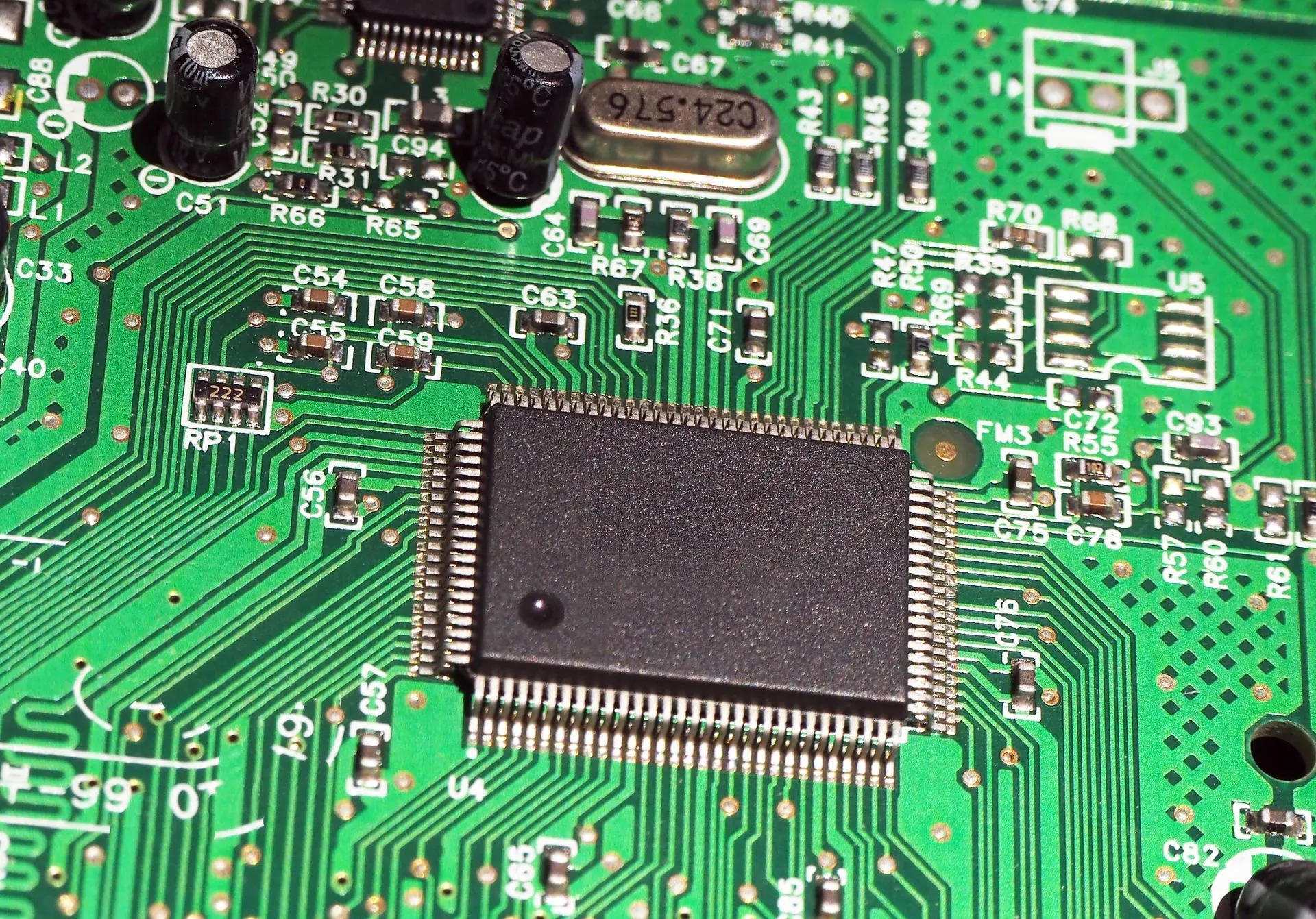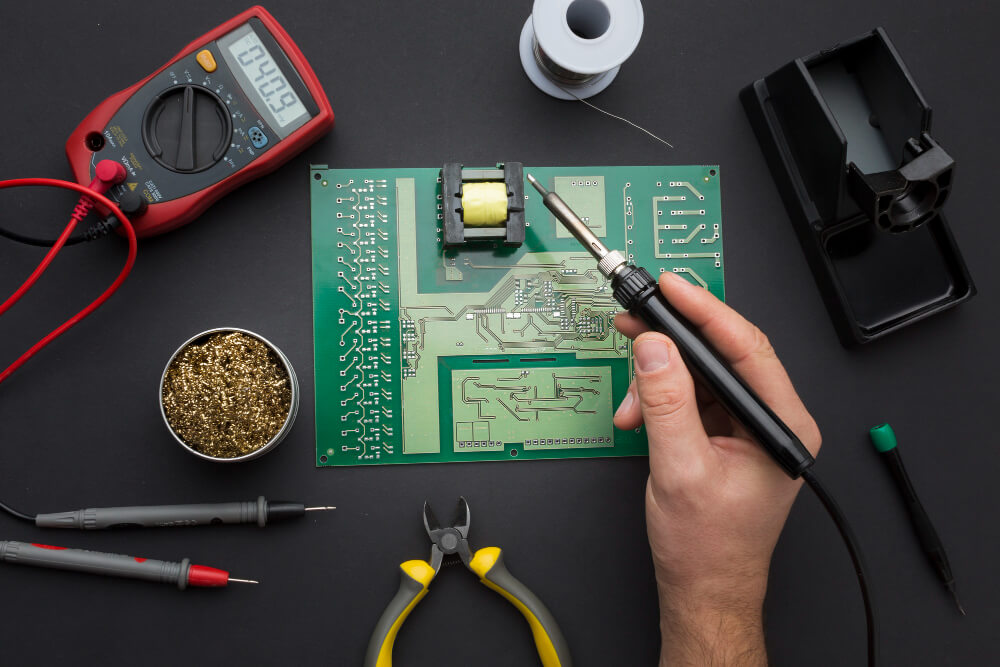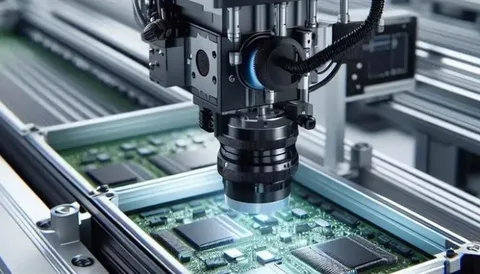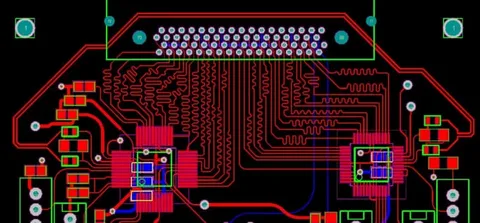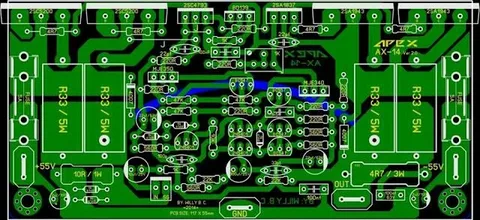The healthcare landscape is evolving faster than ever, and 2025 is poised to bring groundbreaking innovations. From AI-powered diagnostics to wearable health monitors, the industry is experiencing a revolution fueled by emerging tech in medical device development. These technological advancements promise not only better patient care but also more efficient, data-driven healthcare systems.
In this article, we will dive deep into 10 Emerging Tech in Medical Device trends you absolutely must see in 2025. These trends are shaping the future of health technology, offering clinicians and patients powerful tools to monitor, diagnose, and treat conditions more effectively.
AI-Driven Diagnostics and Imaging
Artificial Intelligence (AI) has become a cornerstone in modern healthcare. AI algorithms are being integrated into medical imaging devices like MRI and CT scanners to detect anomalies faster and more accurately.
Key Benefits:
- Reduced diagnosis time
- Increased accuracy of disease detection
- Enhanced imaging interpretation
Hospitals and clinics using emerging tech in medical device applications powered by AI are witnessing improved workflow efficiencies and patient outcomes.
Remote Patient Monitoring (RPM) Systems
With telehealth on the rise, RPM systems have become a necessity. These devices use sensors and IoT technologies to collect and transmit patient data in real time.
Common Use Cases:
- Monitoring heart rate and rhythm
- Glucose tracking for diabetics
- Post-surgery recovery
By leveraging emerging tech in medical device capabilities, clinicians can manage chronic diseases remotely, reducing hospital readmissions.
Wearable Health Tech
Smartwatches and fitness bands are evolving into advanced health monitoring tools. In 2025, wearables are expected to monitor vital signs like blood pressure, oxygen saturation, and even detect early signs of illness.
Example Devices:
- Apple Watch with ECG features
- Fitbit for sleep apnea detection
- Smart patches for continuous glucose monitoring
This emerging tech in medical device segment is empowering users with personal health insights like never before.
Robotic-Assisted Surgery
Robotic surgery systems like the Da Vinci Surgical System are transforming how surgeons perform complex procedures. These tools provide enhanced precision, flexibility, and control during operations.
Advantages:
- Minimally invasive procedures
- Faster recovery times
- Reduced risk of infection
Hospitals are adopting emerging tech in medical device platforms to improve surgical outcomes and reduce procedural costs.
3D Printing in Medical Devices
3D printing has opened new possibilities for custom prosthetics, implants, and even organ models for surgical planning.
Applications:
- Personalized bone implants
- Dental restorations
- Surgical guides
This emerging tech in medical device technology is enabling personalized medicine at scale.

Smart Inhalers and Drug Delivery Systems
Medication adherence remains a significant challenge in healthcare. Smart inhalers and drug delivery systems are integrated with mobile apps to track dosage and remind users to take medications.
Features:
- Real-time usage tracking
- Integration with healthcare apps
- Data sharing with physicians
These smart systems are the future of emerging tech in medical device solutions for chronic disease management.
Augmented Reality (AR) in Medical Training and Surgery
AR is revolutionizing medical education and real-time surgical assistance. Surgeons can overlay anatomical structures during procedures for better precision.
Use Cases:
- AR-guided catheter insertions
- Virtual anatomy dissection
- Training simulations
This emerging tech in medical device application enhances medical training and improves patient safety.
Biometric Wearables and Implants
Biometric sensors are becoming more refined and integrated into implants and wearables that collect accurate physiological data 24/7.
Benefits:
- Real-time health monitoring
- Personalized treatment planning
- Emergency alerts
Emerging tech in medical device formats like bio-implants are ideal for high-risk patient populations.
Blockchain for Medical Device Data Security
As medical devices become more connected, data security is crucial. Blockchain provides a decentralized, immutable ledger for secure patient data sharing.
Benefits:
- Improved data integrity
- Enhanced patient privacy
- Reduced risk of cyberattacks
Hospitals investing in emerging tech in medical device platforms powered by blockchain are future-proofing their data ecosystems.
Next-Gen Diagnostic Biosensors
Biosensors are becoming more compact, accurate, and capable of detecting a wide range of biomarkers from a single drop of blood or saliva.
Applications:
- Cancer biomarker detection
- Infectious disease screening
- Hormone level tracking
This trend within emerging tech in medical device circles is leading to faster, cheaper, and more accessible diagnostics.
Comparison Table: Top 10 Emerging Tech in Medical Devices for 2025
| Technology | Primary Use Case | Key Advantage | Stage of Adoption |
|---|---|---|---|
| AI Diagnostics | Imaging & interpretation | Accuracy & speed | Advanced |
| Remote Patient Monitoring | Chronic condition management | Real-time monitoring | Mainstream |
| Wearable Health Tech | Vital signs tracking | Consumer empowerment | Widespread |
| Robotic Surgery | Minimally invasive surgery | Precision and control | Expanding rapidly |
| 3D Printing | Custom prosthetics & implants | Personalization | Moderate |
| Smart Drug Delivery | Medication adherence | Automation and data sync | Growing |
| AR in Surgery & Training | Real-time surgical visualization | Enhanced training and accuracy | Emerging |
| Biometric Implants | Continuous monitoring | Preventive care | Niche but growing |
| Blockchain for Device Data | Secure health data sharing | Data integrity & privacy | Emerging |
| Diagnostic Biosensors | Early disease detection | Low-cost diagnostics | Rapidly evolving |
Final Thoughts
The emerging tech in medical device arena is one of the most exciting and impactful sectors in healthcare today. From AI-powered diagnostics to next-gen biosensors and robotic surgeries, these innovations are redefining what’s possible in patient care and medical efficiency.
As we step deeper into 2025, staying informed about these trends is essential for healthcare providers, device manufacturers, investors, and patients alike. The fusion of technology and medicine is no longer a future vision—it’s happening now. At Qual Pro, we believe that investing in or adopting emerging tech in medical devices will not only future-proof your organization but also significantly enhance patient outcomes.

